In our fallen world, Satan, the “father of lies,” has infiltrated every culture with lies contrary to God’s plan for creation. One of the deceptions most damaging to societies is that men are superior to women. This falsehood alone can keep societies trapped in poverty and brokenness for generations, and it must actively be replaced with God’s truth that all people are created in His image and are of infinite value.
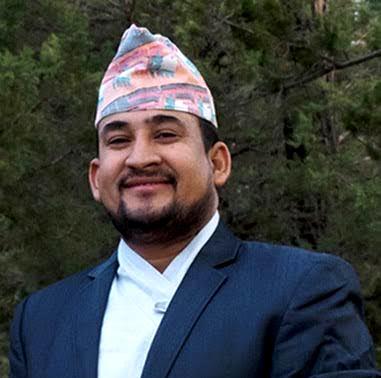 Prince (left), associate coordinator for Harvest in Nepal, describes how he sees this lie in Nepali culture and how he, his family and his colleagues actively fight it with God’s truth.
Prince (left), associate coordinator for Harvest in Nepal, describes how he sees this lie in Nepali culture and how he, his family and his colleagues actively fight it with God’s truth.
The culture’s embrace of this lie is evidenced by these Nepali customs:
- A woman’s value is limited to cooking, cleaning and caring for babies.
- A son needs a good education so he can get a good job and provide for his family, but a daughter doesn’t need a good education because she will only get married, joining another family and staying inside the house.
- When a man’s wife dies, the man can remarry. But when a woman’s husband dies, the woman cannot remarry.
- It is OK for men to drink alcohol but not for women.
- It is OK (even admirable) for a man to have multiple wives, but it is not OK for a woman to have more than one husband.
- It is acceptable for a man to go out on the town with anyone, but women who go out at night–even just with their girl friends–are seen to have low character.
- Men can participate in religious practices; women cannot.
- In some communities, there is pressure for families to marry off their daughters before the girl’s first menstrual period.
- When parents die, their son will perform rituals to help the parents enter heaven. Girls are prohibited from performing these rituals.
- Men make the decisions; women are not asked for their thoughts.
“The sad part is, many times, we can see these things at our churches,” Prince says. “People become a Christian but they are not transformed through Jesus.
“The old culture has rotted our minds and daily lives. Sometimes, we know this is wrong, but we continue because this is the way our fathers and seniors did. We just follow the culture without knowing why and without thinking about consequences. People know this is wrong, but they follow it.”
Replacing lies with God’s Truth
In the church
As Prince and his Harvest colleagues organize Vision Conferences and other trainings for local church leaders, they always teach participants to identify lies in their own culture, find the roots and the consequences of those lies, then replace those lies with truth from Scripture. Practical application to one’s personal life, family and church are discussed.
In the home
Prince models for his children and visitors to his home how to love one’s wife. “As a man, I cook, wash and clean at my house whenever I have opportunity,” he says. His wife, Sophie, also works both inside and outside the home, serving as principal for a high-quality school.
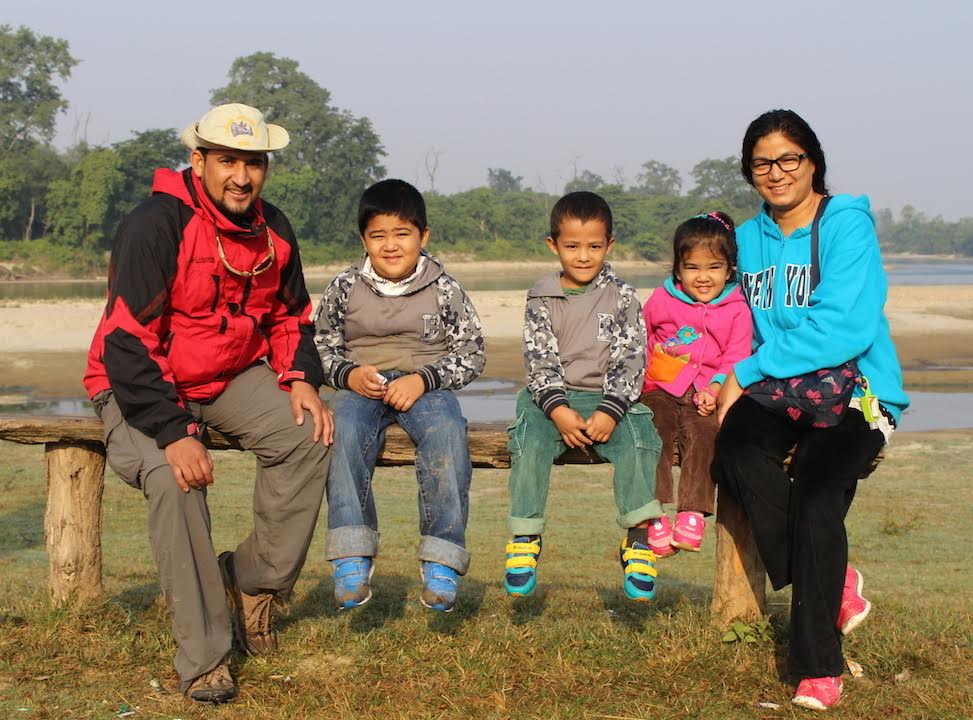
In the community
Though it is fairly uncommon for women to hold teaching positions in Nepal, in 2009, Prince, his wife and their colleagues opened a small school and hired women to teach. “In the beginning, we had a hard time keeping women as teachers because their husbands didn’t want them going out to work,” he says. “But after seeing my wife as an example, they are happy to send their wives to work at our school.”
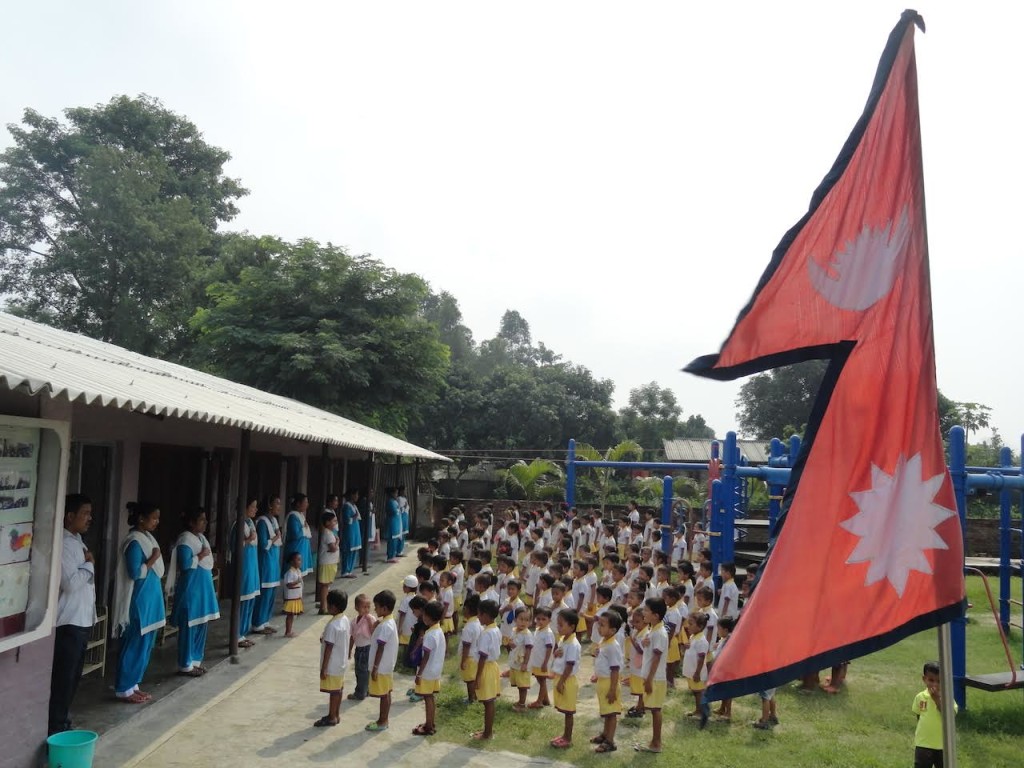 What started years ago as a small program with five students and three teachers by God’s grace has grown into an influential, community-blessing school with 22 teachers and staff and 180 students.
What started years ago as a small program with five students and three teachers by God’s grace has grown into an influential, community-blessing school with 22 teachers and staff and 180 students.
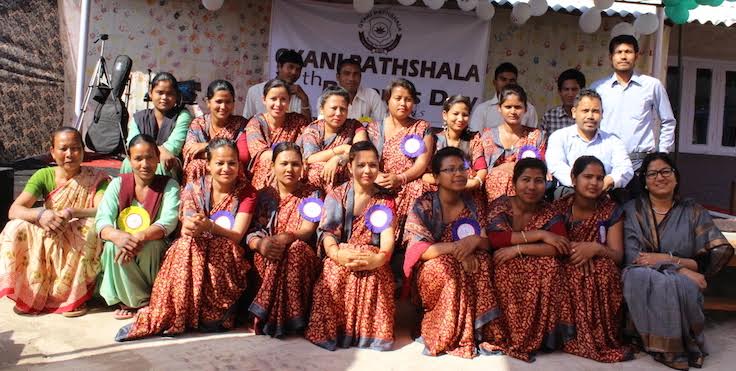
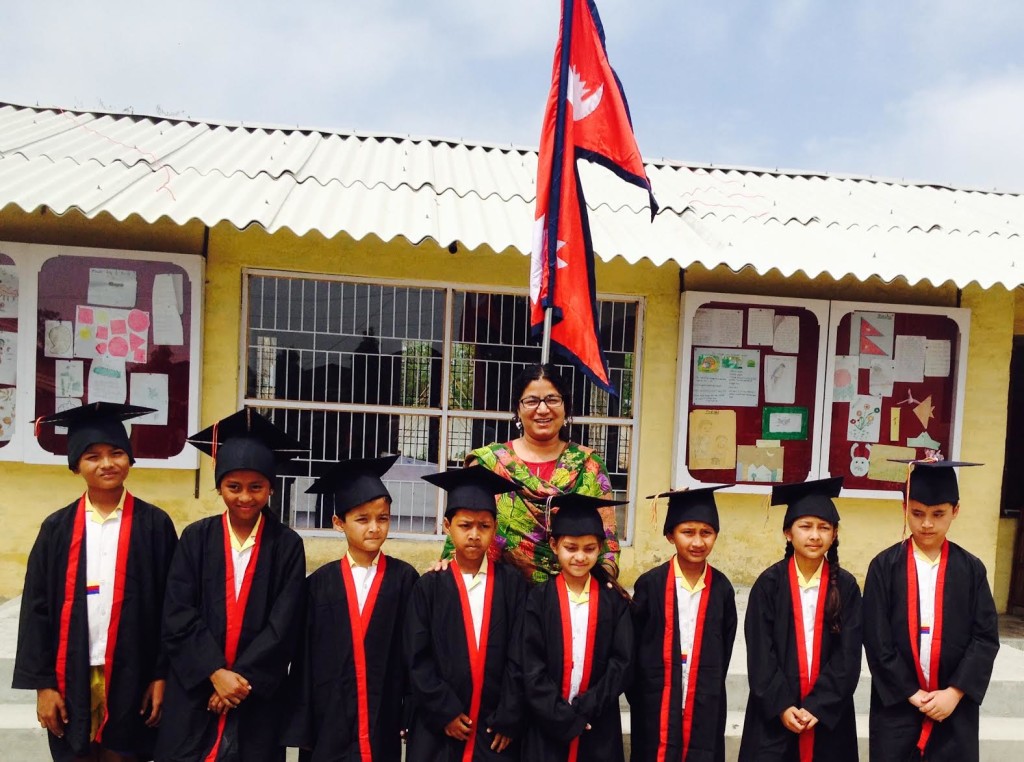 Gyani School serves children between ages 2 to 9, and the government has declared it to be the best pre-school in the whole far-west region of Nepal. It is a self-supporting school free of government funding.
Gyani School serves children between ages 2 to 9, and the government has declared it to be the best pre-school in the whole far-west region of Nepal. It is a self-supporting school free of government funding.
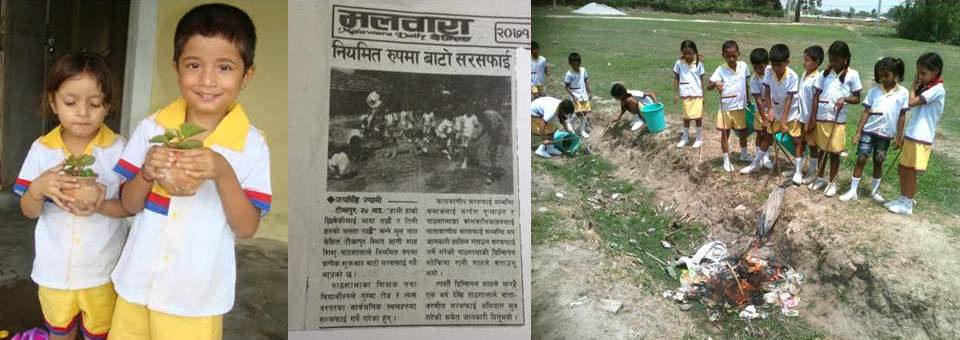
You may contact Prince at shahprince28@gmail.com.



